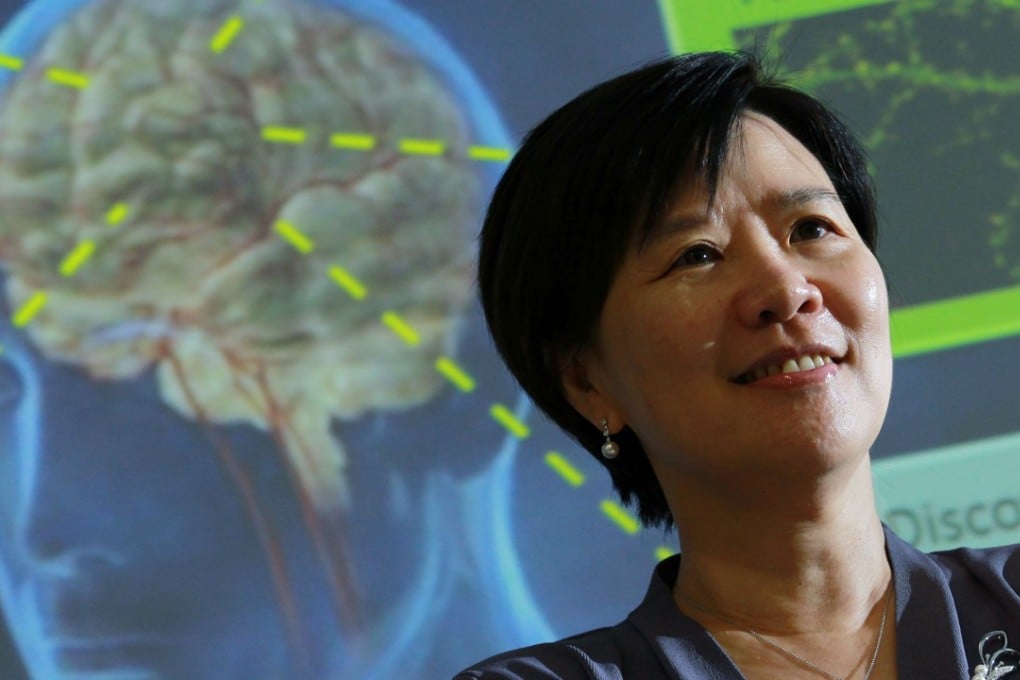Team led by Hong Kong-based scientist identifies genes linked to Alzheimer’s among Chinese population
Research is set to be extended to the city and will take at least eight years to complete, after which experts hope to acquire a better understanding of the disease

An international research team led by a Hong Kong-based neuroscientist has identified three genes that could indicate a higher risk of contracting Alzheimer’s disease among Chinese people.
The scientists said they hoped the discovery would lead to an earlier diagnosis for patients, with further research set to be extended to the city’s population.
The study, which investigated genetic links to Alzheimer’s disease in the Chinese population, is the first of its kind to be published. It was put out in February in Proceedings of the National Academy of Sciences, the official scientific journal of the National Academy of Sciences, a US-based NGO.
Potential Alzheimer’s breakthrough by Hong Kong scientists restores memory of lab-mice
The team isolated two novel risk genes for Alzheimer’s and new variants of a gene that has been identified among Caucasians.
Nancy Ip Yuk-yu, leading scientist of the research and vice-president for research and graduate studies at the Hong Kong University of Science and Technology, said the project would soon extend to the city with the building of a patient database and tracking studies.
In collaboration with the Hospital Authority, Prince of Wales Hospital and Queen Elizabeth Hospital, the team has collected more than 800 gene samples from local patients and secured more than HK$50 million in early funding for the next phase of their research. The project is set to start in the first half of this year and would take at least eight years to complete.
“We hope the government can give us more support because this is going to be a large-scale and long-term research, which will need a lot more resources,” Ip said, adding that the team’s earlier published research had been supported by about HK$10 million from authorities in Hong Kong and mainland China.
We hope the government can give us more support because this is going to be a large-scale and long-term research